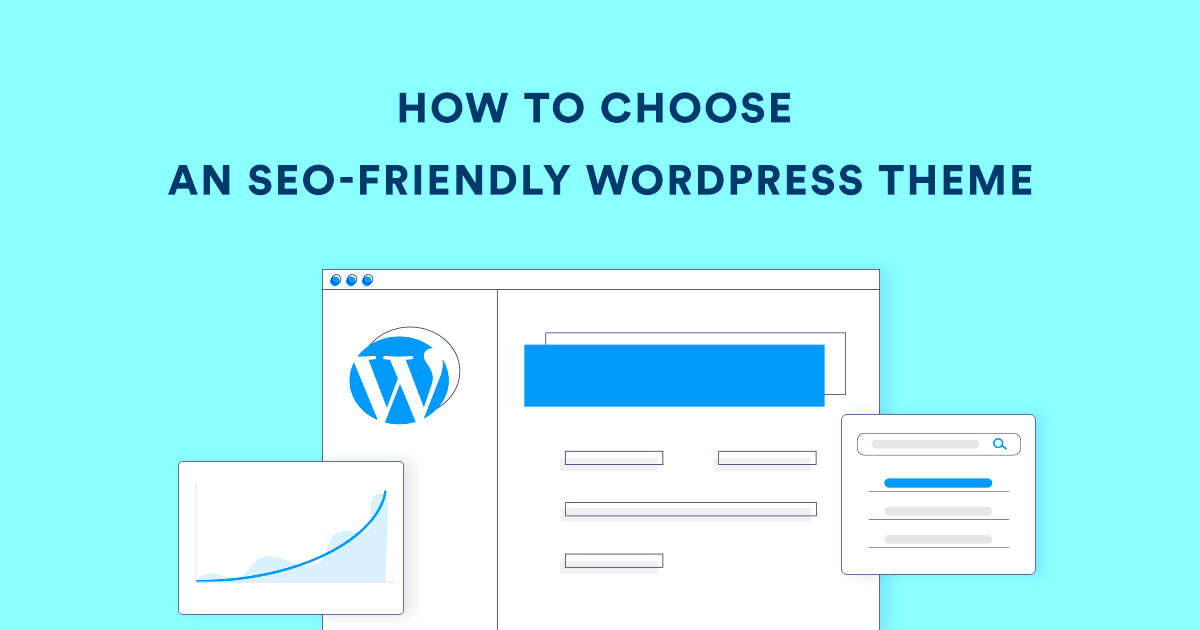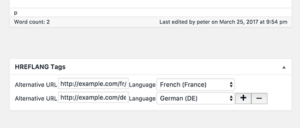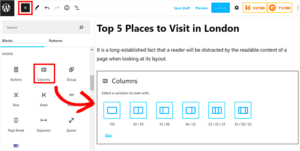When it comes to creating a successful website, understanding the interplay between SEO and your WordPress theme is crucial. SEO, or Search Engine Optimization, is all about making your site more visible to search engines like Google. On the other hand, WordPress themes dictate the appearance and functionality of your site. Choosing the right theme can significantly influence your SEO efforts. So, let’s dive into why the selection of your
The Impact of WordPress Themes on Site Performance
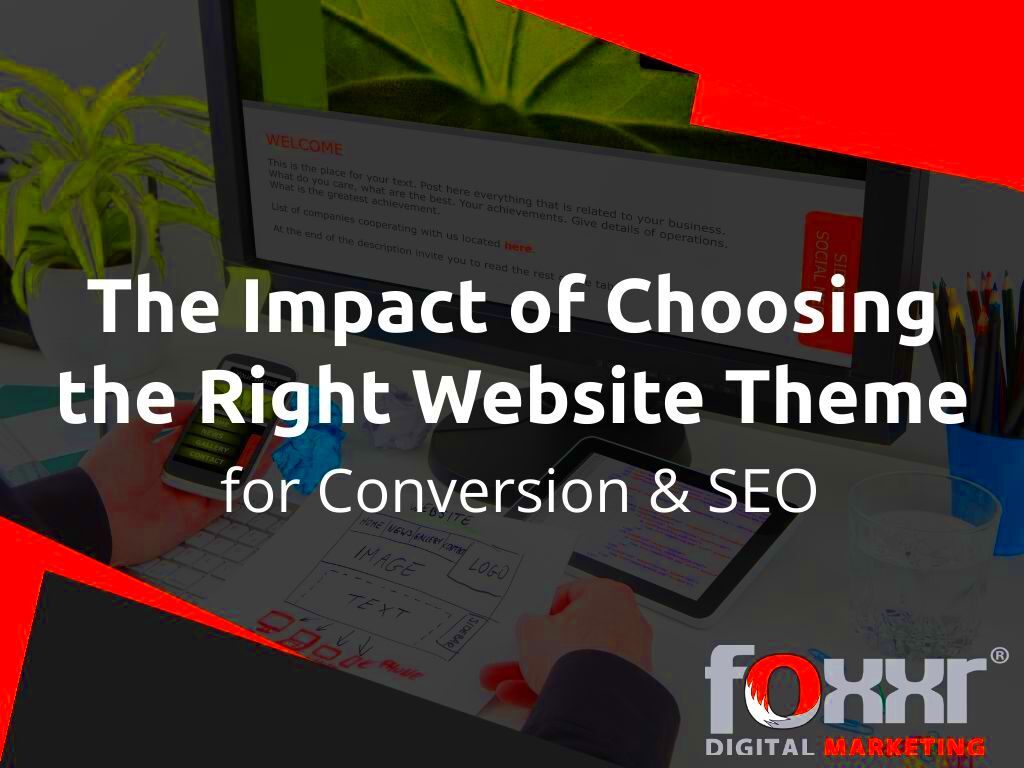
Site performance is a big deal when it comes to SEO. Here’s how your WordPress theme can make or break your website’s performance:
- Loading Speed: A well-coded theme loads faster, which is a ranking factor for search engines. Users are likely to bounce if your site is slow, which can negatively affect your SEO.
- Mobile Responsiveness: With Google’s mobile-first indexing, having a theme that looks good on mobile devices is essential. Themes that aren’t mobile-friendly can harm your user experience and search rankings.
- Structured Data: Some themes are more compatible with SEO plugins that help add structured data, which can improve how your pages are indexed.
- Clean Code: Themes that are developed following best practices will perform better and are easier for search engines to crawl, enhancing your overall SEO.
- Customization Options: A good theme will offer SEO-related customization, such as the ability to edit title tags and meta descriptions.
In conclusion, the choice of WordPress theme has a substantial impact on your site’s performance and, consequently, its SEO efforts. Selecting a theme that prioritizes speed, mobile responsiveness, and clean code can significantly improve your site’s chances of ranking well in search engines!
Key SEO Features to Look for in a WordPress Theme
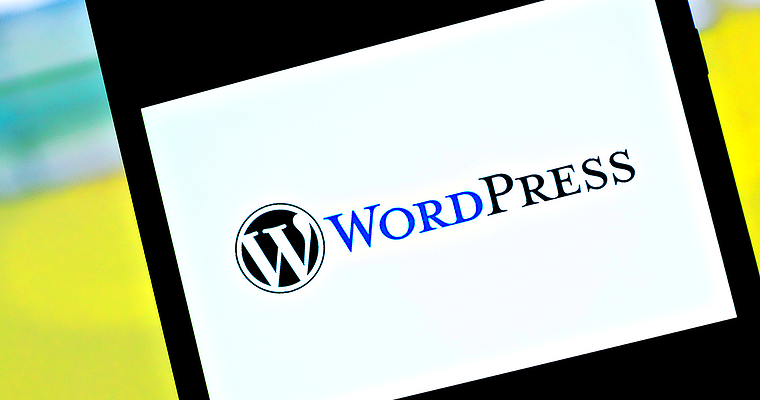
When selecting a WordPress theme for your website, you might think that aesthetics are the only thing that matters. However, the right theme can significantly impact your website’s SEO performance. Here are some key SEO features you should absolutely look for:
- Fast Loading Speed: Search engines like Google prioritize speed. A lightweight theme that is optimized for performance can drastically reduce loading times, which helps retain visitors and improves your search rankings.
- Schema Markup: A theme with built-in schema markup helps search engines understand your content better. This can enhance your visibility in search results, sometimes allowing your site to display rich snippets.
- Clean Code: Themes coded with clean, efficient HTML and CSS are more likely to be indexed quickly by search engines. Always check for themes that are well-coded to avoid unnecessary slowdowns.
- Customizable Title Tags and Meta Descriptions: Your theme should allow you to easily edit these critical SEO elements. Customizing these helps you attract more clicks from search results.
- Optimized for Social Sharing: A theme that makes it easy to share content on social media can indirectly boost your SEO as you draw more traffic through social channels.
Taking these features into account can set a solid foundation for your site’s SEO strategy. Investing time in finding the right WordPress theme can reap long-term benefits in how your site ranks in search engines.
Responsive Design and Mobile Optimization
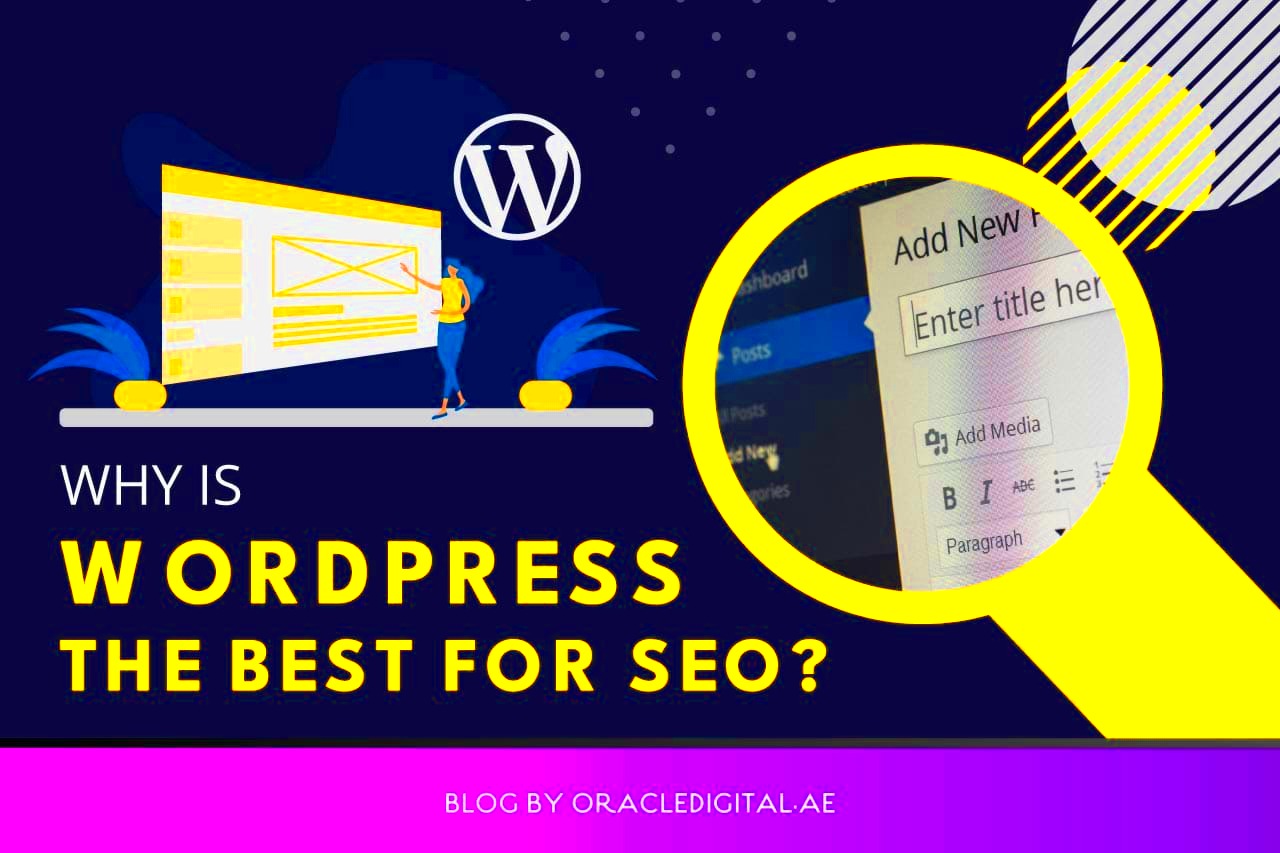
In an increasingly mobile-first world, ensuring your WordPress theme has responsive design is crucial for success. Did you know that a significant percentage of web traffic now comes from mobile devices? Here’s why responsive design and mobile optimization should be high on your priority list:
- User Experience: A responsive theme adjusts seamlessly across various screen sizes and devices. This ensures that users have a positive experience, whether they are browsing on a desktop, tablet, or smartphone.
- Google’s Mobile-First Indexing: Google now predominantly uses the mobile version of a website for indexing and ranking. A mobile-optimized theme helps ensure that your site is searchable and ranks well.
- Reduced Bounce Rate: If your site looks great on mobile, users are less likely to leave quickly, reducing your bounce rate. High bounce rates can negatively affect your SEO ranking.
- Higher Engagement: A mobile-optimized site encourages users to explore your content further. When visitors find it easy to navigate, they are more likely to interact, leading to longer session times—a key factor in SEO.
In summary, a responsive design isn’t just a trend; it’s a necessity. Investing in a theme that is not only visually pleasing but also truly responsive can play a key role in enhancing your site’s SEO performance. Don’t overlook this vital aspect when choosing your WordPress theme!
Loading Speed: How Themes Affect Performance
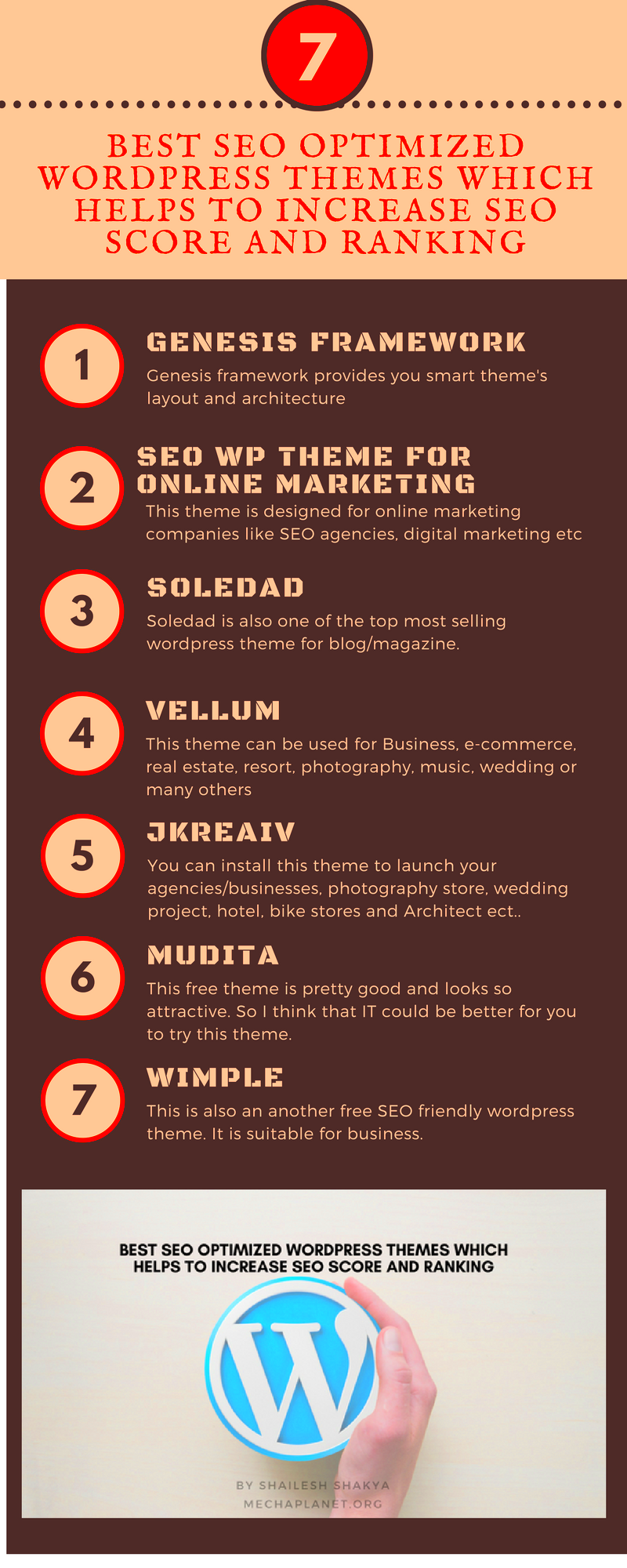
When it comes to building a successful WordPress site, loading speed is crucial. You might not realize it, but the theme you choose can significantly impact how fast your site loads. First impressions matter, and visitors typically stick around for a site that loads quickly. In fact, studies show that if a website takes longer than three seconds to load, up to 40% of users will abandon it. Yikes!
So, how exactly do themes affect loading speed? Here are a few key points to keep in mind:
- Code Quality: Well-coded themes will have minimal bloat and unnecessary features that slow down loading times. On the other hand, poorly coded themes can add weight to your site.
- Responsive Design: A responsive theme adjusts to different screen sizes. If it’s not optimized for mobile, loading speed could suffer, providing a poor user experience.
- Built-in Features: Some themes come packed with features that can cause them to be sluggish. Opt for a theme that includes only the features you need.
- Image Handling: A good theme manages image sizes efficiently. Large image files can significantly slow down your site, so pick a theme that optimizes images by default.
To ensure that your site performs well, consider using tools like Google PageSpeed Insights or GTmetrix to test loading speeds. Choosing a lightweight theme not only enhances user experience but also boosts your SEO rankings, making it a win-win situation!
Built-in SEO Optimization: What to Consider
When you’re on the hunt for the perfect WordPress theme, one of the most important factors to consider is built-in SEO optimization. After all, what good is a stunning website if no one can find it? A theme that helps you optimize for search engines can be the difference between obscurity and being on the first page of search results.
Here are some essential aspects of built-in SEO features to think about:
- Schema Markup: Themes with schema markup can help search engines better understand your content, enabling rich snippets that can improve your visibility.
- SEO-Friendly URLs: Ensure that your theme allows you to create clean, SEO-friendly URL structures, which are easier for search engines to index.
- Mobile Optimization: Since Google employs mobile-first indexing, your theme must be fully responsive to perform well in search rankings.
- Fast Loading Times: As discussed earlier, fast-loading themes are crucial for SEO, as page speed is a ranking factor for search engines.
- Compatibility with SEO Plugins: Check if the theme is compatible with popular SEO plugins like Yoast SEO or All in One SEO Pack. This compatibility can significantly enhance your optimization efforts.
In short, investing time in a WordPress theme that offers built-in SEO optimization can streamline your efforts and give your website a competitive edge. Remember, the right theme isn’t just about how it looks; it’s also about how it performs in search engines!
Customization and Flexibility for SEO Enhancements
When it comes to SEO, having a WordPress theme that offers customization and flexibility is paramount. Why? Because every website is unique, and its SEO needs can vary widely based on its niche, target audience, and content strategy. A theme that allows for easy customization means you can tweak various elements to enhance your site’s visibility on search engines.
Here are some key aspects of customization that impact SEO:
- Adjustable Meta Tags: A good theme should let you customize title tags and meta descriptions without hassle. These elements are crucial for SEO as they help search engines understand the content of your pages better.
- Header Structure: The option to modify header tags (like H1, H2, etc.) directly from the theme settings can significantly aid in content organization, which both users and search engines love.
- Image Optimization: Look for themes that allow easy adjustments to image attributes like ALT tags. Effective image optimization can lead to better rankings in image searches, boosting your overall visibility.
- Custom Widgets and Sidebars: Flexible widget areas can allow you to place important SEO elements—like links to popular posts, or call-to-actions—while also enhancing user experience.
With a theme that supports customization, you can make on-the-fly changes that help you align with the latest SEO best practices without needing extensive coding knowledge. This flexibility is essential in a constantly evolving digital landscape.
How to Choose the Right Theme for SEO
Choosing the right WordPress theme for SEO isn’t all about aesthetics; it’s about functionality too. A beautiful theme may catch your eye, but if it doesn’t comply with SEO best practices, your site may struggle to rank well. Here’s a handy guide on how to select the best theme for optimal SEO performance:
- SEO-Friendly Structure: Ensure the theme uses clean, well-structured code that’s easy for search engines to crawl. Themes with excessive JavaScript or bloated CSS can slow down your site, hurting your rankings.
- Responsive Design: With mobile users on the rise, having a responsive design is non-negotiable. Make sure the theme looks great on all devices and provides a seamless user experience, which is a crucial ranking factor.
- Fast Loading Speed: You want a theme that is lightweight and optimized for speed. Test it with various website speed testing tools to see how it performs before committing.
- Regular Updates: Choose a theme that receives regular updates. Developers who stay current with web standards and SEO trends provide you with a theme that’s up-to-date and secure.
- Compatibility with SEO Plugins: Check if the theme is compatible with popular SEO plugins like Yoast or Rank Math. This compatibility allows you to leverage powerful tools for fine-tuning your site’s SEO.
Remember, while visuals and design are important, the underlying code and flexibility will significantly influence your site’s SEO performance. Take your time, research your options, and choose wisely!
9. Case Studies: Themes that Boosted SEO Performance
When it comes to SEO performance, not all WordPress themes are created equal. In fact, many businesses have seen significant improvements in their search engine rankings and organic traffic simply by switching to a more SEO-friendly theme. Let’s dive into a few case studies that illustrate how specific themes have positively impacted SEO performance.
1. Astra Theme
One of the most popular WordPress themes, Astra is lightweight and highly customizable. A case study from a blog that switched to Astra reported a 30% increase in organic traffic within three months. This was attributed to Astra’s built-in schema markup and speed optimization features that enhanced search engine visibility.
2. GeneratePress
Another lightweight theme, GeneratePress focuses on performance and usability. A small eCommerce site using this theme experienced a 25% boost in page speed scores and, consequently, a 15% increase in their rankings on Google. This showcased how a theme designed with speed in mind can directly affect SEO metrics.
3. OceanWP
This versatile theme is not only aesthetic but also optimized for SEO. A lifestyle blog noticed increased engagement and time on site after switching to OceanWP. With features like built-in SEO optimization tools, the blog saw a 40% uptick in page views, showing how the right theme can keep audiences engaged.
These case studies illustrate that choosing a theme is not just about looks—it’s about functionality and performance. The right WordPress theme can make a significant difference in your SEO efforts, ultimately leading to better visibility and organic growth.
10. Conclusion: The Importance of Choosing Wisely
Choosing the right WordPress theme is a pivotal decision that can significantly impact your website’s SEO performance. While it may be tempting to prioritize aesthetics or trendy designs, it’s crucial to consider the underlying factors that contribute to search engine rankings.
Here are a few key takeaways that emphasize why this decision matters:
- Performance matters: A lightweight, well-coded theme can drastically improve your site’s loading speed, which is a critical factor for SEO.
- Mobile responsiveness: With more users accessing websites from mobile devices, having a theme that adapts well to various screen sizes can boost your search rankings.
- Built-in SEO features: Themes that come with built-in schema markup and SEO optimization tools can give you a head start in search engine visibility.
- Customization options: Choosing a theme that allows customization can help you optimize for SEO without requiring extensive coding knowledge.
Ultimately, the right theme serves as the foundation for your website’s success in search engines. So, take your time when choosing a WordPress theme—after all, it’s not just about how a site looks; it’s about how well it performs! By aligning your theme choice with best SEO practices, you’ll set your site up for success in the long run.

